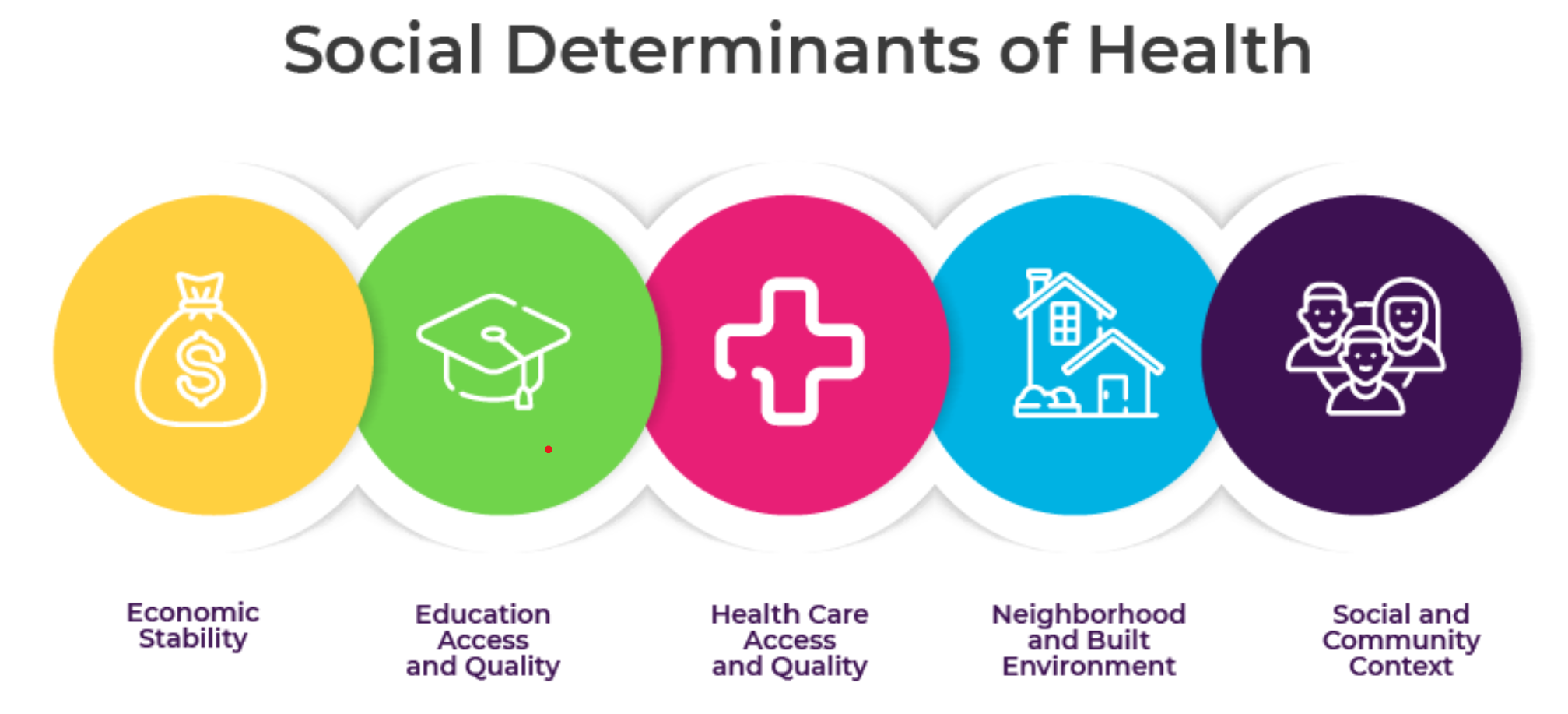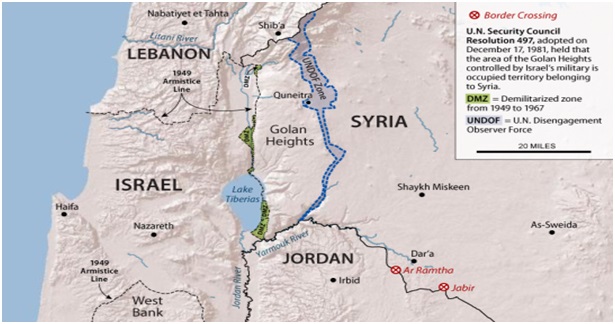Funga Taxonomic Kingdom

- 21 Oct 2024
In News:
- Chile and the United Kingdom have prepared a proposal to recognize fungi as an independent kingdom, termed "Funga", alongside flora (plants) and fauna (animals).
- This will be presented at the 16th Conference of Parties (COP16) of the UN Convention on Biological Diversity (CBD), to be held in Cali, Colombia in October 2024.
- Why Funga?
- Fungi (e.g., mushrooms, moulds, yeast, lichen) play crucial ecological roles, but have historically been overlooked in conservation strategies.
- Fungi contribute significantly to decomposition, forest regeneration, carbon sequestration, and the global nutrient cycle.
- The recognition aims to strengthen fungal conservation by integrating fungi into global legislation and policies.
- Ecological Importance of Fungi:
- Decomposition: Fungi break down organic matter, facilitating nutrient recycling in ecosystems.
- Symbiotic Relationships: Many fungi form crucial symbiotic relationships with plants (e.g., mycorrhizal associations) and animals.
- Climate Mitigation: Boreal forest fungi absorb large amounts of carbon through symbiosis with plants, playing a role in mitigating climate change.
- Pollution Remediation: Fungi can help clean polluted soils by breaking down toxins.
- Food Production: Fungi are essential for producing common foods like bread, cheese, wine, beer, and chocolate.
- Health: Fungi produce antibiotics (e.g., penicillin) and aid in mammalian digestion.
- Scientific Recognition:
- In August 2021, the International Union for Conservation of Nature (IUCN) recognized fungi as one of the three kingdoms of life, alongside plants and animals.
- The 3F initiative (Flora, Fauna, and Funga), led by Giuliana Furci, aims to promote the international recognition and protection of fungi.
- Diversity and Research Gaps:
- Only 8% of the estimated 2.2 to 3.8 million fungal species have been formally described.
- Approximately 2,000 new fungal species are discovered annually, indicating the vast underexplored diversity of fungi.
- Threats to Fungi:
- Fungi face significant threats from deforestation, climate change, pollution, overharvesting, and fungicide use.
- These threats disrupt the symbiotic relationships fungi share with plants and animals, leading to ecosystem instability.
- Nitrogen enrichment in soils and habitat loss further exacerbate these risks.
Key Facts About Fungi
- Biological Characteristics:
- Fungi are eukaryotic organisms with rigid cell walls made of chitin (distinct from the cellulose found in plant cell walls).
- They are heterotrophic, meaning they absorb nutrients from their environment through external digestion (secreting enzymes to break down organic material before absorption).
- Reproductive Strategies:
- Fungi reproduce both asexually (via spores) and sexually, ensuring their proliferation across ecosystems.
- Growth Form:
- Fungi grow primarily as mycelium, a network of hyphae (filamentous structures) that helps in nutrient absorption and environmental interaction.
- Symbiotic Relationships:
- Fungi form mycorrhizal relationships with plants, enhancing nutrient exchange, and lichen associations with algae, providing mutual benefits in extreme environments.
India’s Commitment to Social Determinants of Health at UNGA

- 29 Sep 2024
In News:
- Union Minister of State for Health and Family Welfare, represented India at the G20 Joint Finance-Health Task Force meeting during the 79th UN General Assembly.
- Focus: The session emphasized the importance of investing in health and addressing social determinants of health (SDH) through initiatives like debt-for-health swaps.
Key Highlights:
- Role of SDH: Underscored how social determinants such as housing, sanitation, water access, and income security are crucial for health investment priorities.
- Flagship Programs: India’s notable initiatives include:
- Ayushman Bharat: The world’s largest health insurance scheme.
- Swachh Bharat Mission: Aiming for a cleaner India.
- Jal Jeevan Mission: Ensuring water access for all.
- Pradhan Mantri Awas Yojana: Promoting housing for all.
- Impact of PM-JAY: Highlighted improvements in access to healthcare and outcomes, especially for non-communicable diseases.
Data and Policymaking
- Importance of Data: Stressed the need for enhanced data availability and standardization on SDH indicators to support effective policymaking.
- Unified Approach: Called for G20 nations to collaborate on data collection and analysis for better health systems globally.
Exploring Debt-for-Health Swaps
- Potential Mechanism: Discussed debt-for-health swaps as a means to relieve financial pressure while promoting health equity.
- Next Steps: Emphasized the need for stakeholder engagement and pilot programs to ensure effective implementation.
Conclusion
- Global Leadership: India reaffirmed its commitment to health equity through evidence-based policies and partnerships.
- Shared Vision: Advocated for a unified effort towards achieving “Health for All,” highlighting the significance of investments in social determinants of health.
About Social determinants of health (SDOH)
- SDOH are non-medical factors that affect a person's health, well-being, and quality of life. They include the conditions in which people are born, grow, work, live, and age.
- SDOH also include the broader systems that shape everyday life, such as economic policies, social norms, and political systems.
- Some examples of SDOH include:
- Safe housing, transportation, and neighborhoods
- Racism, discrimination, and violence
- Education, job opportunities, and income
- Access to nutritious foods and physical activity opportunities
- Polluted air and water
- Language and literacy skills
Syrian Golan/Golan Heights (The Hindu)

- 30 Nov 2023
Why is it in the News?
India has voted in favour of a draft resolution in the United Nations General Assembly (UNGA) that expressed deep concern over Israel not withdrawing from the Syrian Golan.
About the Syrian Golan/Golan Heights:
- Location: Situated in south-western Syria, the Golan Heights is a rocky plateau sharing borders with Israel, Lebanon, and Jordan.
- The elevated terrain overlooks the Jordan Rift Valley, housing the Sea of Galilee and the Jordan River, with Mount Hermon as a dominant feature.
- Demography: Over 40,000 people reside in the Israeli-occupied Golan, with a majority being Druze, an Arab minority practicing a distinct form of Islam.
- Although Israel offered Druze residents citizenship after annexation, most identified as Syrian and declined.
- Additionally, about 20,000 Israeli settlers live in the region.
- History of Conflict: Originally part of Syria, Israel captured the Golan Heights in 1967 during the Six-Day War and formally annexed it in 1981.
- Syria attempted to reclaim the area in the 1973 Middle East war but was unsuccessful.
- While an armistice was signed in 1974, international recognition of Israel's annexation is lacking, and Syria insists on the territory's return.
- Significance of Golan Heights: Israel argues that maintaining the Golan as a buffer zone is vital due to the Syrian civil war, protecting Israeli towns from neighboring instability.
- Concerns also include the fear of Iran, an ally of the Syrian president, establishing a permanent presence near the border for potential attacks on Israel.
- Both nations value the Golan's water resources and fertile soil.
